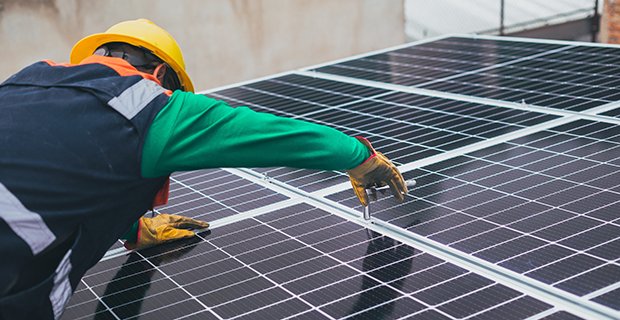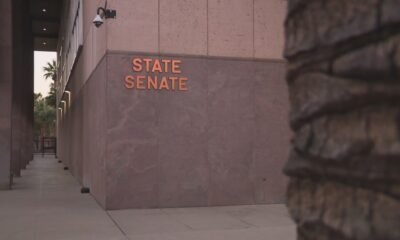Business
Arizona’s Clean Energy Future Hangs in the Balance: Protect Investments, Don’t Erode Them

Arizona faces an increasingly hotter and drier future. In response, Tucson has taken significant strides toward clean energy and climate resilience. Local schools and neighborhoods are implementing innovative solutions, from solar-powered classrooms to projects aimed at mitigating heat in underprivileged areas.
However, this progress is now at risk as Congress debates President Trump’s proposed “Big, Beautiful Bill.” This politicization threatens vital federal investments essential for the health, environment, and economy of communities across the state.
As Tucson’s vice mayor representing Ward 1, I observe the impact of clean energy investments on daily lives. These initiatives are not merely policy proposals; they are tangible improvements to our community.
At Manzo Elementary in Barrio Hollywood, solar panels reduce energy costs while providing practical lessons in environmental stewardship. The school exemplifies sustainability by incorporating aquaponics, gardening, and rainwater harvesting into its curriculum. This hands-on approach fosters climate literacy and community engagement, demonstrating the effectiveness of localized solutions. Support from the Inflation Reduction Act is crucial for thriving educational environments like Manzo.
Tucson faces more than rising utility rates; the extreme heat poses significant public health risks. Recent summers have seen alarming increases in heat-related emergency room visits, impacting neighborhoods where families reside in older homes lacking modern cooling systems.
The stakes are high. This spring, Tucson lost over $7 million in federal funding targeted by Republicans, labeled as “green new scam” programs. These funds were intended for community-led climate resilience projects, such as shade infrastructure for bus stops and upgrades to public facilities. Such initiatives were not just concepts; they were actionable plans designed to enhance safety and livability in the face of extreme heat.
Currently, proposed GOP budget cuts threaten to redirect tax dollars meant for these investments to corporate tax breaks, placing the needs of wealthier Americans above those of struggling communities.
Cities like Tucson have utilized Inflation Reduction Act funding to promote clean transportation, urban greening, and cooling solutions in areas most affected by the heat. Instead of dismantling these programs, we should advocate for their expansion. The potential for enhanced community resources, including shaded bus stops, widespread solar installations, and job creation for young people, is immense.
I urge Arizona’s federal leaders to prioritize the needs of our communities and reject any attempts to eliminate these essential investments.
Lane Santa Cruz is the vice mayor of Tucson, representing Ward 1 on the Tucson City Council.


















